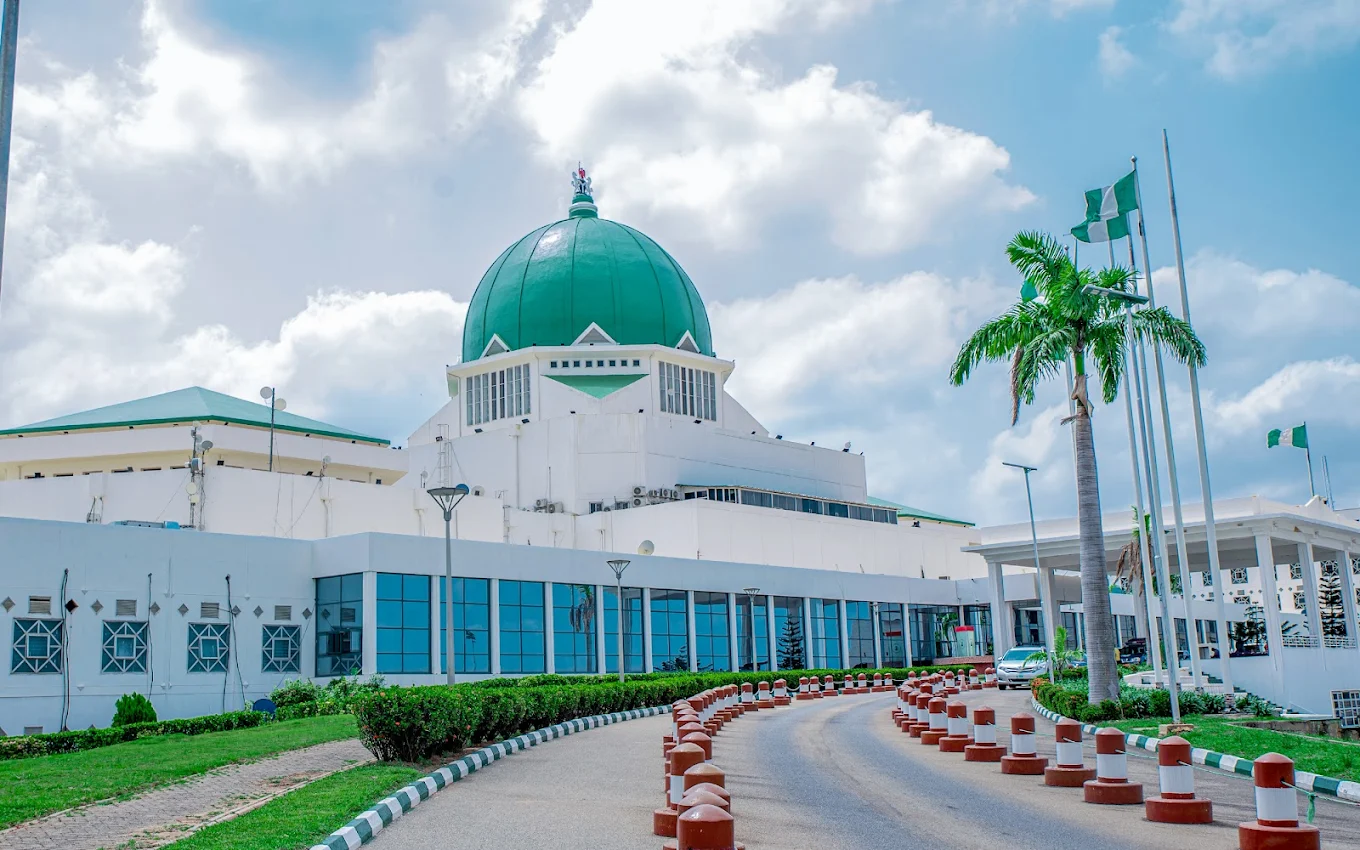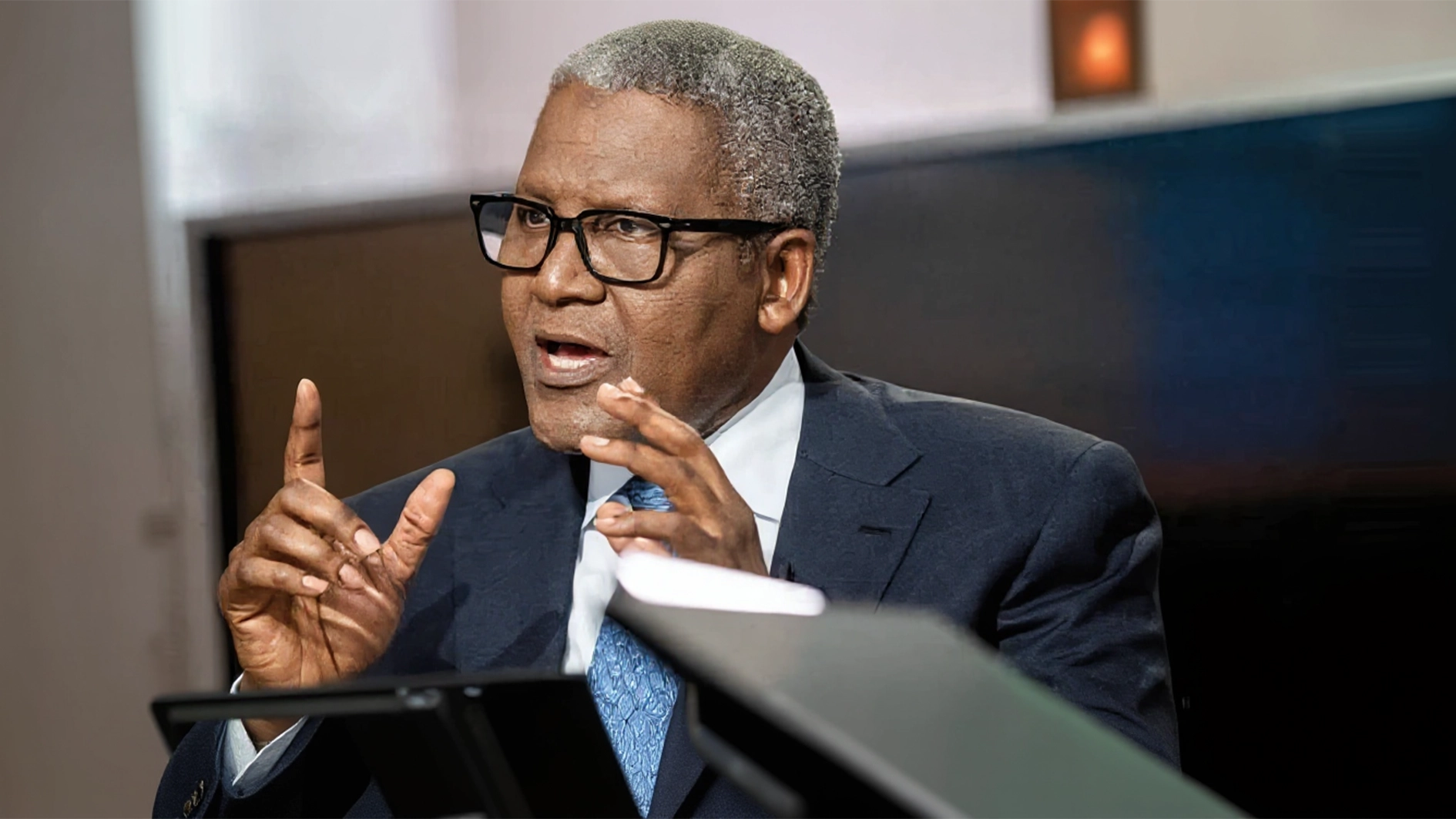Nigeria has been hailed by the United Nations for its decision to allocate $200 million to its healthcare sector following the withdrawal of aid by the United States Agency for International Development (USAID).
UN Assistant Secretary-General and UNDP Regional Director for Africa, Ahunna Eziakonwa, said the move demonstrated strong leadership and self-reliance, calling it a model for other African nations.
Speaking during a meeting in Lagos with Deputy Speaker of the House of Representatives, Benjamin Okezie Kalu, Eziakonwa said the decision by the National Assembly to fill the funding gap showed Nigeria’s commitment to safeguarding the lives of its people.
“When USAID pulled out of the health sector, the Assembly voted to replace the funds. I felt proud. That is what good governance looks like,” she said.
“Other countries panicked, but Nigeria took action. That is leadership, and every African country should take note.”
Eziakonwa was accompanied by UNDP Nigeria Resident Representative, Elsie G. Attafuah. She reiterated UNDP’s support for Nigeria’s legislative reforms and strategic priorities, including gender equality, political inclusion, and constitutional amendments.
The Deputy Speaker had earlier briefed the UN delegation on proposed gender-focused reforms, including a bill before the National Assembly that seeks to reserve seats for women in parliament.
“This is the first time I’m being directly engaged by the leadership of the National Assembly,” Eziakonwa said. “What you’re pushing aligns closely with the UNDP’s mandate. You are a true ‘He for She.”
She expressed concern about Nigeria’s poor representation of women in politics, describing it as out of step with the country’s size and global standing.
“It’s delusional to think Nigeria can progress while excluding women from decision-making. No nation can face today’s global challenges without inclusive leadership,” she said.
Eziakonwa also urged Nigeria to invest in artificial intelligence, particularly in education, saying future development depends on technological advancement.
“We need to see investments in AI at all levels, especially in schools. What you’re already doing is encouraging, and we look forward to future announcements on the women’s reservation bill,” she added.
Kalu welcomed the UNDP’s backing and restated the House’s commitment to equity, peacebuilding, and inclusive governance. He praised Eziakonwa for her service and influence, both in Nigeria and internationally.
“Nigeria’s democracy cannot fulfil its promise without inclusive participation by women, youth, and marginalised groups,” Kalu said.
He said the ongoing constitutional review offers an opportunity to remove legal and structural barriers to women’s participation in politics. Proposals under consideration include legislative quotas and the removal of discriminatory provisions.
Kalu also called for UNDP support in organising a security summit and a study tour to integrate global best practices into Nigeria’s reforms.
Additionally, he proposed a new intervention in the South-East region, mirroring peacebuilding efforts previously applied in the North-East.






